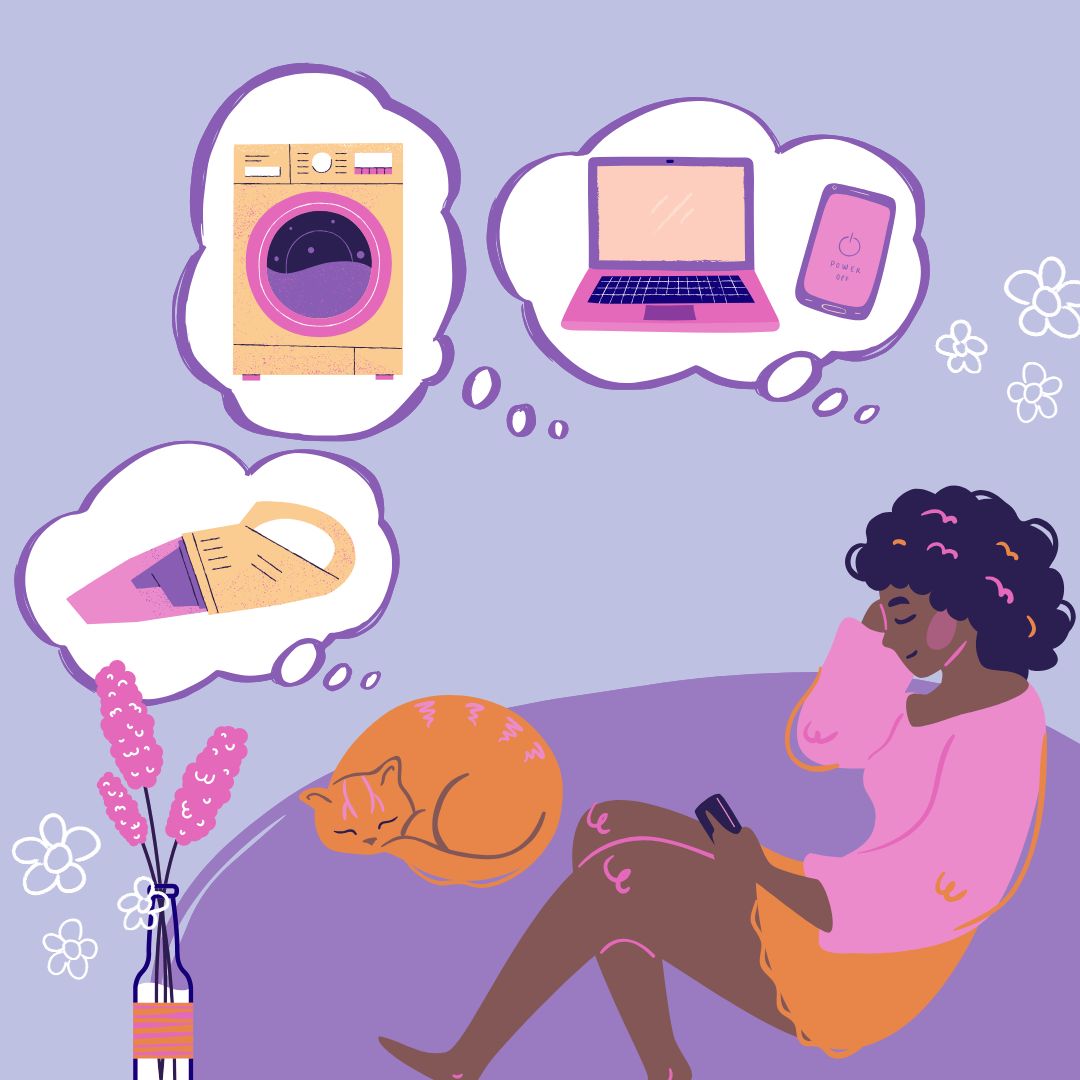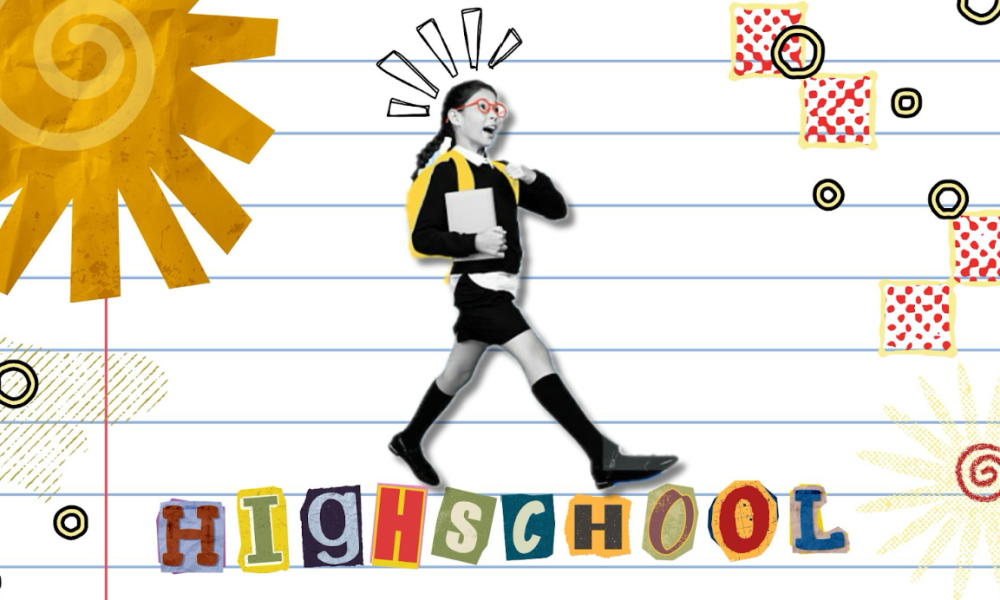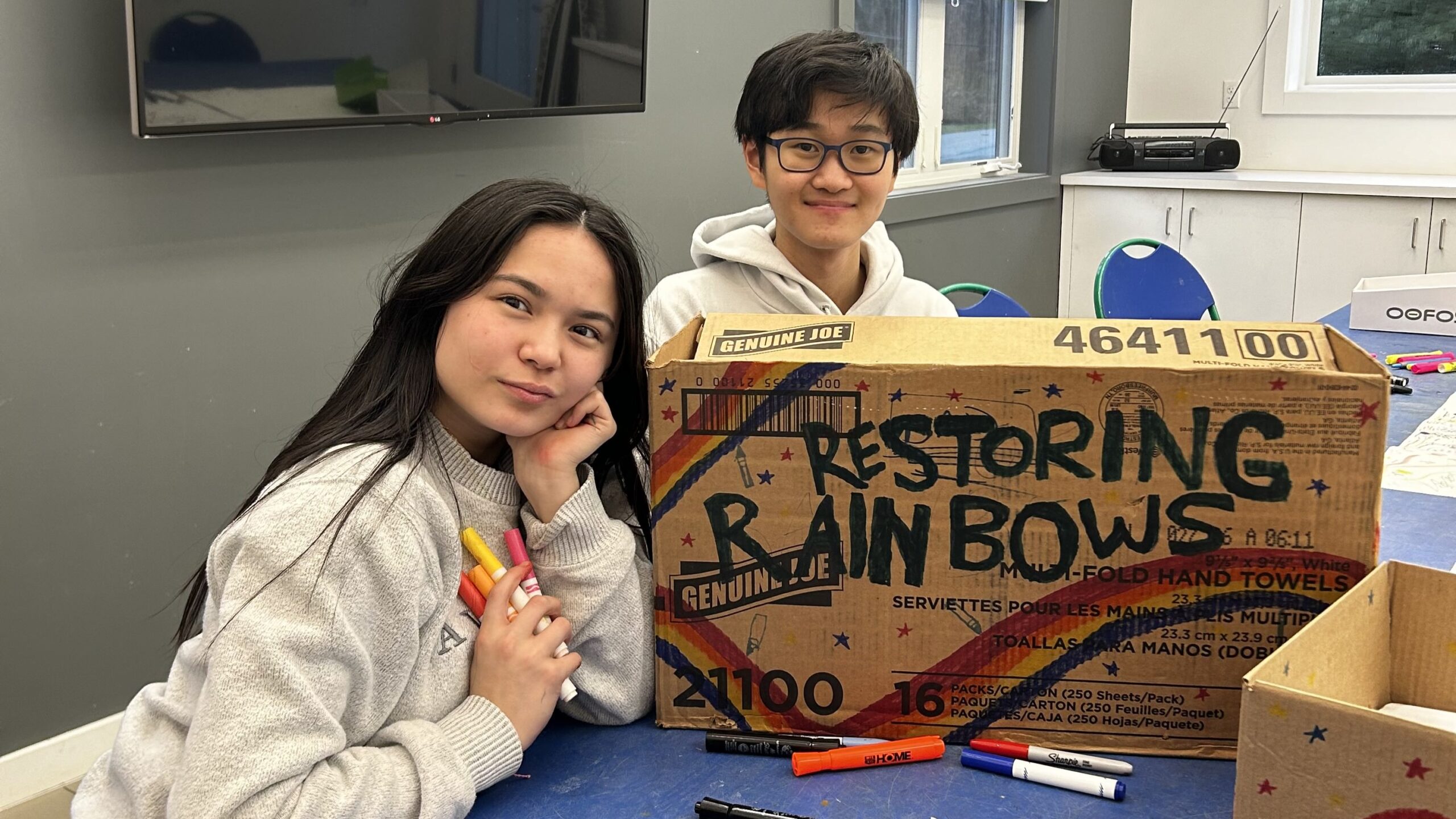Have you ever struggled with an issue? Today’s teens face issues ranging from self esteem, substance use, social pressure, housing or food insecurity, and family issues . . . anything a teen is struggling with.
We know journaling helps teens process issues. But what does that look like in today’s technology landscape? Digital journaling through any media – podcasts, videos, music, art, or poetry – helps 21st Century teens process issues and emotions. Such introspective artistic creations submitted to the Teenage Handbook’s annual competition helped students like Kavya D.
“I use art as a method to express my feelings, thoughts, emotions, and escape from the hustle and bustle around me. I like to be free and wild through my art, and often speak out about issues I feel are pressing to our current world,” she said.
Vivian D shared, “I believe introspection is the solution to feelings of doubt and that it is important to figure out where that doubt stems from – even if it requires asking yourself where your belief truly comes from.”
Developmental psychologist Dr. Heather Malin’s study, Arts Participation as a Context for Youth Purpose also concludes arts is “a way for adolescents to develop the capacity to connect with others through self-expression; to relate through sharing ideas, emotions, and observations of the world; and to build community through personally meaningful interaction.” Arts makes therapy accessible to everyone. And digital journaling makes it relatable to teens, helping create community on- and off-line.
Most importantly, digital journaling allows teens to be vulnerable, helping them and others be empathetic and kind. This excerpt from Shining S. models such vulnerability, highlighting how teens really feel.
“Sometimes, I wonder why I’m here,” Shining said.“Why, out of the infinite number of possibilities, with hundreds and thousands and millions of coincidences and thought-out decisions and chance events, did it all lead to me? Why me, who has a clear idea of a future I want, but no path to get there? Why me, who is expected to excel, to do great things, but has no idea of who I am? It’s strange, a confounding contradiction that I cannot solve. All I can do is repeat the same day. Wake up. Go to school. Go home. Play tennis. Study. Sleep (if I’m lucky). Repeat.”
This honest insight is relatable because these are shared teen experiences. And putting ourselves in the shoes of others is what enables us to show genuine kindness. For the second year in a row, The Teenage Handbook is encouraging middle and high schoolers to develop the habit of digital journaling. If you or a teen you know is interested in introspective digital journaling, please enter the Teenage Handbook competition, which offers over $2,000 in total prizes. Entries opened on March 2nd, World Teen Mental Wellness Day, and close at the end of this month on July 31, 2025. Upload to www.teenagehandbook.com and see last year’s winners to see how they overcame their teen issues!




















